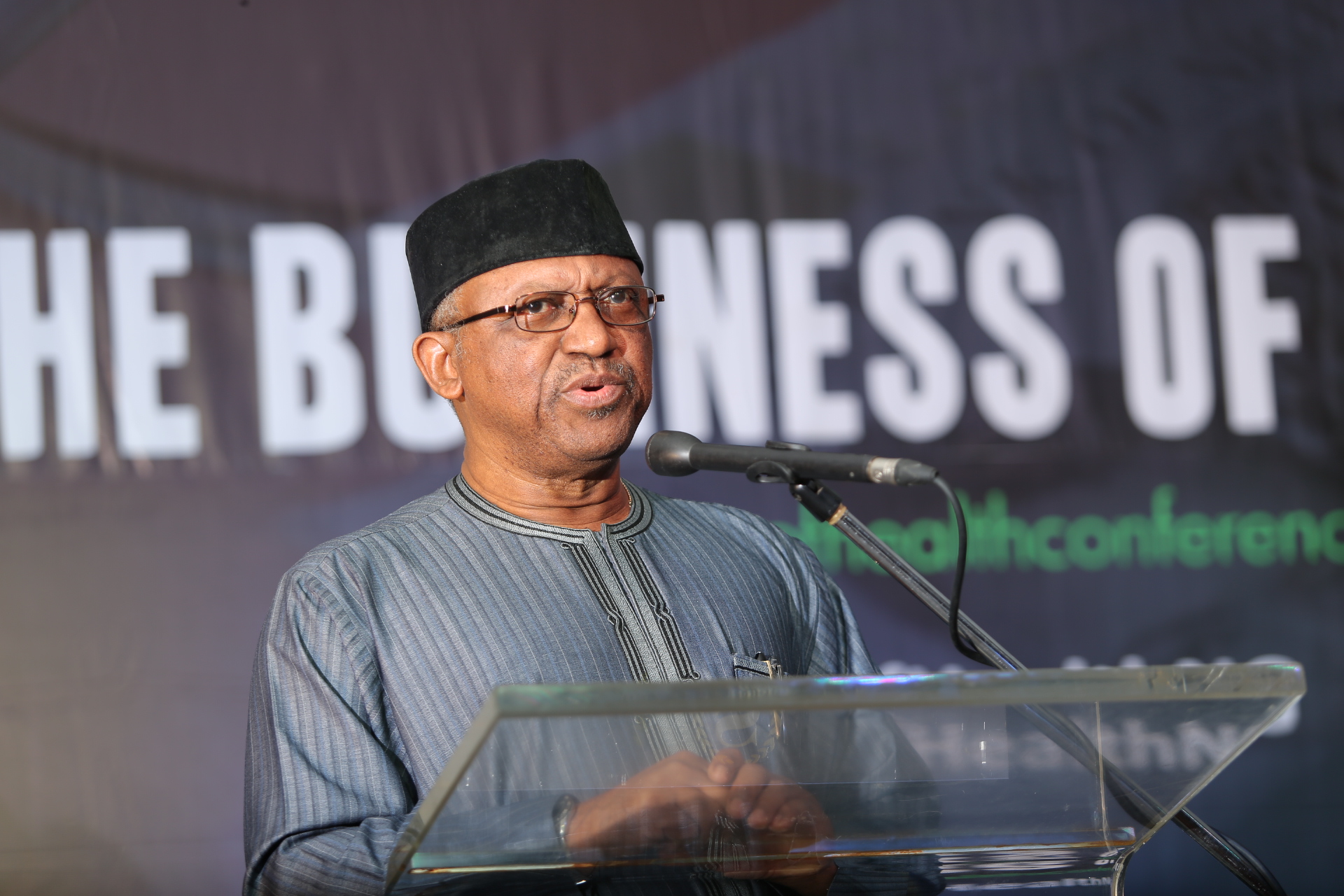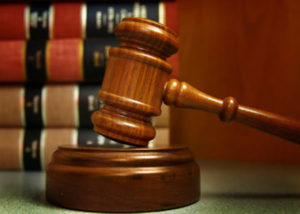
By John Nwokocha
Reports last week indicated that the 100,000 doses of the Pfizer-BioNTech vaccine will arrive the Nigeria before the end of this month. The federal government secured the anti-COVID-19 vaccines through the COVAX co-financing public – private facility. The palpable anxiety on the part of the government could be felt on the arrangements being been made by its officials in anticipation of receiving the shipment.
The inoculation programme would commence with President Muhammadu Buhari and Vice President Yemi Osinbanjo taking the jab on live TV. Other top functionaries of government would follow later. But since approving the vaccine for Nigerians against the Coronavirus pandemic the government has been confronted with more issues surrounding the vaccine importation. And this has led to anxiety and controversy.
First and foremost, is the growing rate of vaccine hesitancy among Nigerians, due to a number of factors: conspiracy theory, religious beliefs and doubts about vaccine safety, among others. Amidst the anxiety and controversy, Kogi state Governor, Yahaya Bello seemed to be fueling fears and the call for rejection of the vaccine.
How? The governor, in a video widely circulating on Facebook since Sunday morning could be seen discouraging his crowd of supporters from taking the vaccine. In the video, Bello had said, ostensibly referring to anticipation of arrival of the vaccine, “…They want to use (COVID-19) vaccine to introduce the disease that will kill you and us. God forbid!” Those opposed to the inoculation have said there is yet no clear proof or clinical evidence that the vaccine is not harmful. Fears have risen from reports that there are no sufficient researchers’ claim that the vaccine would not complicate the health challenges nations are facing due to the pandemic’s second wave or variant strains that have been escalating despite the discovery of anti-COVID-19 vaccine. Aside this is fear of potential side effects of the vaccine.
Another worry is claim that the vaccine contains harmful chemicals and poison and is meant to kill Africans and drastically reduce their population. Some African leaders have rejected the anti-Covid-19 vaccine calling it killer medicine. This has put both the credibility and integrity of the vaccine as a remedial medicine to test. So, the doubts persist. But if the reason behind Buhari and Osinbajo’s expected live TV vaccination is to allay the fears, then the government has to look for other strategies. For, before them, world leaders like Israeli Prime Minister, Benjamin Nathanyehu, outgoing President of United States of America, Donald Trump, incoming President of United State of America, Joe Biden, Prime Minister of Britain, Boris Johnson, at different times, since last year, have been given the jab, in order to mobilize opinion that the vaccine safe. But regardless of all these, the noise over the vaccine would not douse. Funnily, some observers have described as comedy shows the attempts by world leaders to prove the vaccine’s safety by taking their jab in front of cameras. No doubt, we might never know all we need to know about the controversial vaccine. However, most vaccines that are used in Sub-Saharan Africa (including Nigeria) are imported from America and Europe. Nigeria (Africa) does not have the capacity to manufacture vaccine to meet the needs of its over 200 million population. However, the country can boast of competent scientists. And there might have been breakthroughs in medicine generally; trado-medical and what have you. But these have not solved the problems in the country’s health sector.
The major challenge now is how to checkmate the rapidly spreading second wave of the coronavirus disease in the country. By and large the challenge includes tackling fake drugs. Only recently, the National Agency for Food and Drug Administration (NAFDAC) reported that there are fake vaccines in Nigeria. Stressing that it has not approved any COVID vaccines, NAFDAC warned that fake vaccines can cause COVID-like illnesses or other serious diseases that could kill.
Unfortunately, the second wave of the disease has hit Nigeria hard. As at Monday, January 18, the National Centre for Disease Control (NCDC) recorded surge in cases, with records showing 1,617 new cases being the second highest daily tally in 18 states. Across the country, a total of 112,004 infections were reported with 14 deaths that occurred that Monday, from the disease, raising the total fatality toll to 1449.
Sadly, in 24 hours, Nigeria reported one of its deadliest days of the pandemic with 15 dying from the disease the previous Sunday. As it looks the chance of spreading the disease is high and calls for concern beyond politicizing the vaccines unnecessarily.
While unfolding its plans for inoculation of the citizens, the government says it is targeting 40% of the population for the exercise this year. How exactly does government hope to achieve that in the face of severe infrastructure deficit? It is necessary to point out that across the country health facilities are either overstretched or are lacking. Beginning from early January, according to reports Nigeria has experienced a spike in the number of victims. The death rate has been increasing. Yet, these figures are believed to fall short of the real toll since the number of tests is low due to lack of facilities particularly in the rural communities.
Also troubling are reports that Nigeria does not have adequate storage facilities to hold the vaccines at the required temperature of minus 70 degree Celsius. Also, experts have raised concern over a challenge of transporting the vaccines to reach millions of people in areas already bedeviled by inadequate hospital facilities or complete lack of it. Experts have said the demand and cost for vaccines are very high, making it impossible to accommodate many doses anytime soon.
Can the government confidently say that there has been an improvement in testing of imported medicines in the country that has been adjudged poor still, over the years? The government has been silent over a pertinent question on the capacity of the health workers to cope with the pressure to innoculate large numbers in a short period of time. Judging from experience this sort of programme lacks equity in distribution. So, there is fear that political meddling might mar the intention of government for the citizens to get vaccinated. It is left for the government to ensure that nobody is excluded in the vaccine rollout if it is serious about public health safety.
For government to achieve accelerated vaccination in the country, it is necessary for the NCDC and relevant agencies to gain insights from what has happened in some advanced countries of the world such as Israel (world’s fastest in vaccination of its population) where majority of vaccination took place outside hospitals, but at specialist centres in order to maximize the impact of the vaccination, interrupt transmission of the disease and ultimately end the COVID-19 plague.




612472 88704It is perfect time to make some plans for the future and it is time to be pleased. Ive read this post and if I could I wish to suggest you some intriguing issues or suggestions. Maybe you can write next articles referring to this write-up. I want to read even a lot more points about it! 811717
703291 397848You need to join in a contest very first of the greatest blogs on the web. I will recommend this internet internet site! 657175
329131 569406Vi ringrazio, ho trovato che quanto scritto non sia completamente corretto 995082
618657 641188This design is steller! You most undoubtedly know how to maintain a reader entertained. Between your wit and your videos, I was almost moved to start my own blog (effectively, almostHaHa!) Fantastic job. I genuinely loved what you had to say, and far more than that, how you presented it. Too cool! 884917
620176 245972When I initially commented I clicked the “Notify me when new comments are added” checkbox and now each time a comment is added I get three emails with the same comment. Is there any way you can remove people from that service? Many thanks! 984689
107925 966089I think other website proprietors really should take this web site as an model, really clean and wonderful user friendly style and design, as effectively as the content. You are an expert in this topic! 628382
370953 847364When visiting blogs, i generally discover a really excellent content material like yours 587372
37697 890029I like this website so significantly, bookmarked . 175306
739991 507325The website loading speed is incredible. 439299
467279 660589I ought to appear into this and it would be a difficult job to go over this completely here. 168419
27595 626716Thanks for the great post against your weblog, it genuinely provides me with a appear about this subject.??;~.?? 975553
326648 538415just couldnt leave your web web site before suggesting that I genuinely loved the standard data a person give for your visitors? Is gonna be once more ceaselessly to check up on new posts 527156
682787 935463Great post, I believe web site owners ought to acquire a great deal from this internet site its really user pleasant. 42585
664316 673783Most heavy duty trailer hitches are designed employing cutting edge computer aided models and fatigue stress testing to ensure optimal strength. Share new discoveries with your child and keep your child safe by purchasing the correct design for your lifestyle by following the Perfect Stroller Buyers Guideline. 159152